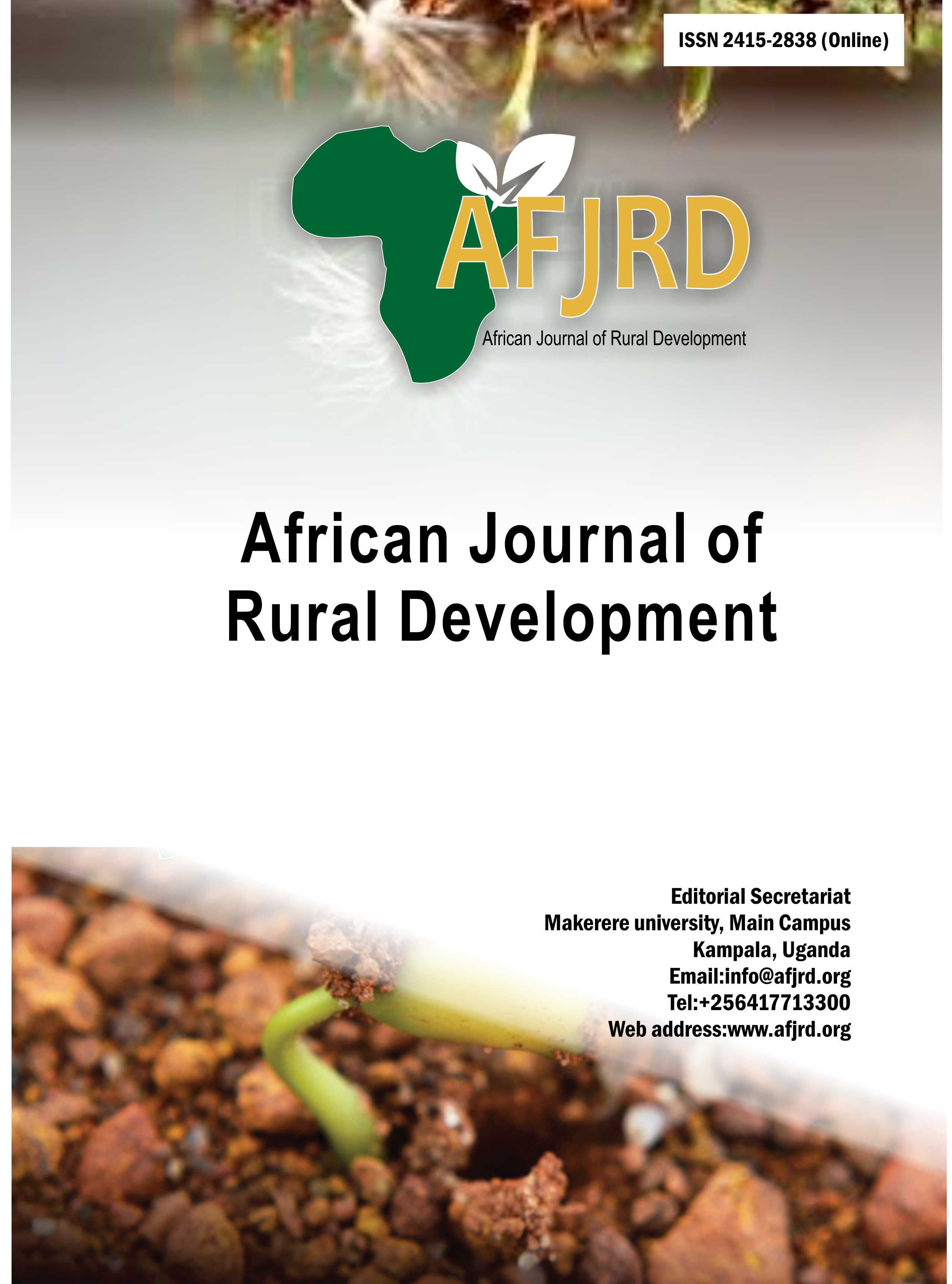The Sanitary and Phytosanitary (SPS) barriers for Agro-food trade under AfCFTA with case examples for EAC and SADC Regions SPS Barriers for Agro-food Trade
Main Article Content
Abstract
Sanitary and Phytosanitary (SPS) barriers significantly hinder intra-African trade under the AfCFTA, primarily due to three key challenges: inconsistent legal frameworks, weak institutional capacity, and infrastructural deficiencies. These issues result in low SPS compliance, restricting market access for agricultural products. Analysis of EAC and SADC regions reveals specific trade obstacles, including pest infestations, unharmonized standards for plant/animal movement, inadequate disease surveillance, and high food contaminant levels.
Three systemic weaknesses drive SPS non-compliance: regulatory disparities across countries create complex and costly compliance burdens, under-resourced agencies struggle with enforcement, and poor infrastructure such as inadequate storage, laboratories, and transport networks undermines effective SPS controls. Smallholder farmers and MSMEs, which dominate Africa's agri-food sector, often lack the resources to meet SPS requirements which reduces their competitiveness in regional and global markets.
To fully realize AfCFTA's trade potential, coordinated action is essential. Member states, Regional Economic Communities (RECs), and the African Union (AU) must work together to harmonize SPS standards, strengthen regulatory capacity, and invest in critical infrastructure. Addressing these barriers will enhance agri-food trade integration, improve food safety, and boost Africa's competitiveness in domestic and international markets.
Article Details

This work is licensed under a Creative Commons Attribution 4.0 International License.
